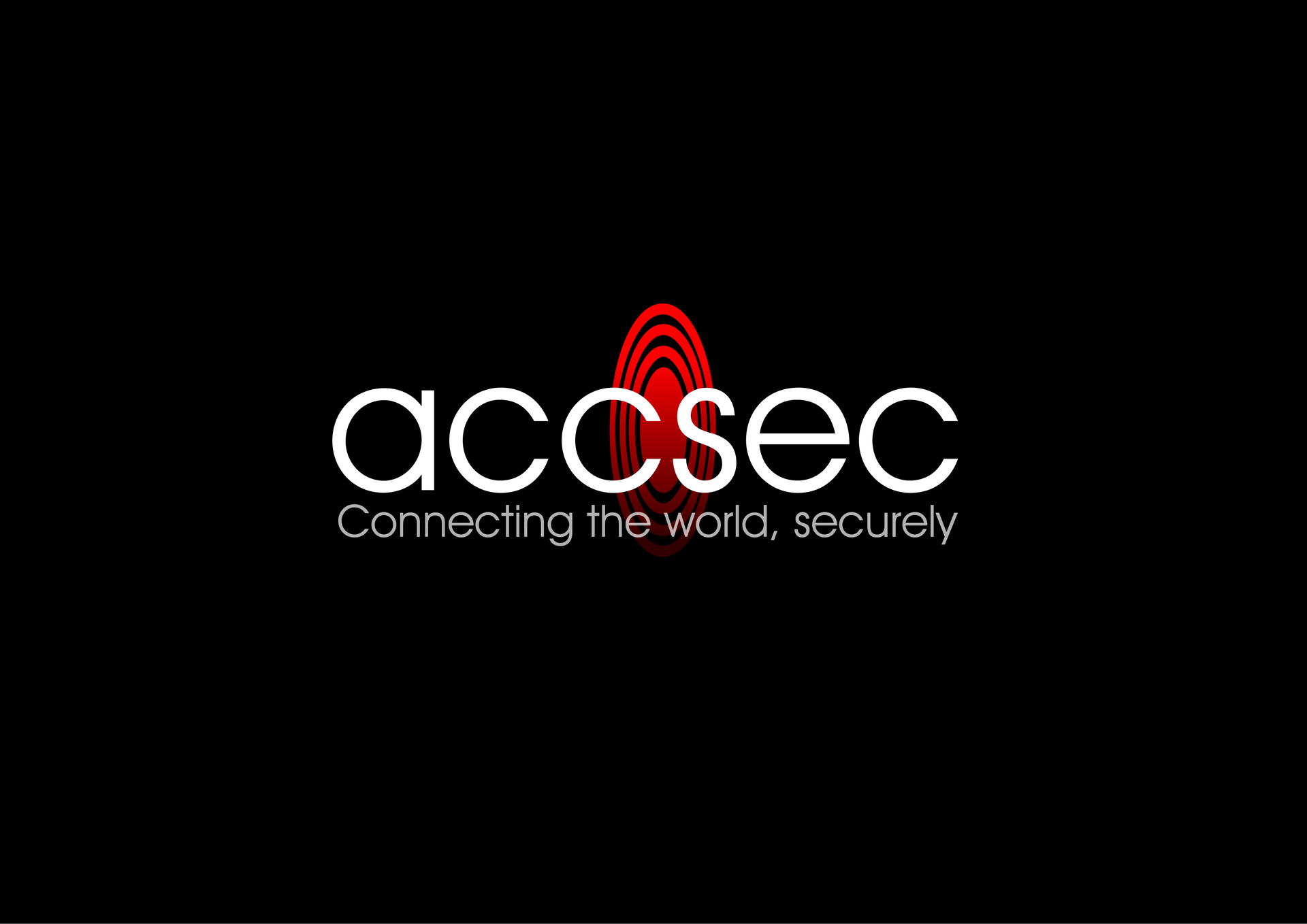Why Cloud Software Security Is Essential for Multi-National Organisations in a Hybrid Work Environment

The rapid adoption of cloud technologies has transformed how multi-national organisations operate, enabling greater flexibility, scalability, and collaboration across geographically dispersed teams. However, as more organisations transition to cloud-based environments, especially in the context of hybrid work models, the need for robust cloud software security has never been more critical. In this article, we explore the unique challenges multi-national organisations face in securing cloud environments and how investing in comprehensive cloud security measures can protect your data, operations, and reputation.
The Rise of Hybrid Work and Cloud Adoption
Hybrid work models, where employees split their time between remote and in-office work, have become the norm for many organisations, particularly in the wake of global events like the COVID-19 pandemic. This shift has accelerated the adoption of cloud software, enabling employees to access critical applications, data, and collaboration tools from anywhere in the world.
While the cloud offers numerous benefits, including increased flexibility and cost savings, it also introduces new security challenges. Multi-national organisations, which often operate in multiple regulatory environments and manage diverse IT infrastructures, face complex risks that must be carefully managed to ensure the security of their cloud-based operations.
Key Challenges in Cloud Software Security for Multi-National Organisations
Multi-national organisations must navigate a complex landscape of cyber threats, regulatory requirements, and operational challenges when securing their cloud environments. Some of the key challenges include:
1. Diverse Regulatory Environments
Operating across multiple countries means that multi-national organisations must comply with a variety of data protection regulations, such as GDPR in Europe, CCPA in California, and other local laws. Ensuring that your cloud environments meet these diverse regulatory requirements can be challenging, particularly when data is stored and processed across different jurisdictions.
2. Increased Attack Surface
With employees accessing cloud services from various locations and devices, the attack surface for cyber threats has expanded significantly. Each access point, whether a laptop, smartphone, or tablet, represents a potential entry point for cybercriminals. Ensuring that these access points are secure is crucial to protecting your cloud environment.
3. Data Security and Privacy Concerns
The cloud stores vast amounts of sensitive data, including intellectual property, customer information, and financial records. Protecting this data from unauthorised access, breaches, and data loss is a top priority for multi-national organisations. However, managing data security and privacy in a cloud environment, where data may be distributed across multiple servers and locations, can be complex.
4. Vendor Management and Third-Party Risk
Many organisations rely on third-party vendors to provide cloud services, such as storage, software, and infrastructure. While these vendors offer valuable services, they also introduce additional security risks. Ensuring that your vendors adhere to the same high standards of security as your organisation is essential to mitigating third-party risk.
5. Hybrid Work Vulnerabilities
The hybrid work model introduces new vulnerabilities, such as unsecured home networks, personal devices, and the potential for human error. Employees working remotely may not have the same level of security controls as those in the office, increasing the risk of data breaches, phishing attacks, and other cyber threats.
Essential Cloud Software Security Measures
To address these challenges, multi-national organisations must implement comprehensive cloud software security measures that protect their data and operations across all regions and environments. Some essential security practices include:
1. Identity and Access Management (IAM)
Effective identity and access management is crucial for ensuring that only authorised users can access your cloud environments. IAM solutions allow organisations to enforce strict access controls, implement multi-factor authentication (MFA), and manage user permissions across multiple platforms. By ensuring that the right people have access to the right resources, IAM helps prevent unauthorised access and reduces the risk of insider threats.
2. Data Encryption
Encrypting data at rest and in transit is essential for protecting sensitive information stored in the cloud. Encryption ensures that even if data is intercepted or accessed by unauthorised individuals, it remains unreadable and secure. Multi-national organisations should implement robust encryption protocols across all cloud services to protect their data from potential breaches.
3. Continuous Monitoring and Threat Detection
With the increasing complexity of cloud environments, continuous monitoring and real-time threat detection are critical for identifying and responding to potential security incidents. Cloud security solutions that offer advanced threat detection, such as anomaly detection and behavioural analysis, can help organisations detect suspicious activities and respond quickly to mitigate risks.
4. Compliance Management
Ensuring compliance with diverse regulatory requirements is a significant challenge for multi-national organisations. Cloud security solutions that include compliance management features can help organisations track and manage their compliance obligations, generate audit reports, and ensure that all cloud environments meet local and international regulations.
5. Endpoint Security
With employees accessing cloud services from various devices, securing endpoints is more important than ever. Endpoint security solutions, such as anti-virus software, firewalls, and mobile device management (MDM) tools, help protect devices from malware, phishing attacks, and other threats. Ensuring that all endpoints are secure is a critical component of a comprehensive cloud security strategy.
6. Vendor Risk Management
Managing third-party risk is essential for maintaining the security of your cloud environment. Organisations should conduct thorough assessments of their cloud service providers, ensuring that they adhere to stringent security standards and have robust incident response plans in place. Regular audits and reviews of vendor performance can help mitigate risks associated with third-party services.
How AccSec LLP Can Help
At AccSec LLP, we understand the unique security challenges faced by multi-national organisations operating in a hybrid work environment. Our cloud software security services are designed to provide comprehensive protection for your cloud environments, ensuring that your data and operations remain secure and compliant with global regulations. Here’s how we can support your organisation:
1. Cloud Security Assessments
We begin by conducting a thorough assessment of your current cloud security posture, identifying vulnerabilities and areas for improvement. Our assessments include a detailed analysis of your cloud infrastructure, data protection practices, and compliance with relevant regulations.
2. Customised Security Solutions
Based on the findings of our assessment, we work with your team to design and implement customised cloud security solutions that meet the specific needs of your organisation. Whether you require advanced threat detection, data encryption, or compliance management, our solutions are tailored to provide maximum protection.
3. Continuous Monitoring and Support
Our cloud security services include continuous monitoring and real-time threat detection, ensuring that your cloud environments are protected 24/7. We provide ongoing support to help you respond to security incidents, manage compliance obligations, and adapt to changing threats.
4. Training and Awareness
We offer comprehensive training and awareness programmes to ensure that your employees understand their role in maintaining cloud security. Our programmes cover best practices for securing remote work environments, recognising phishing attempts, and adhering to security protocols.
5. Vendor Risk Management
AccSec LLP provides support in managing third-party risk, helping you assess and monitor the security practices of your cloud service providers. We work with you to establish strong vendor management processes, ensuring that your partners meet the highest security standards.
Conclusion
As multi-national organisations continue to embrace cloud technologies and hybrid work models, ensuring the security of cloud environments is more critical than ever. By implementing robust cloud software security measures, organisations can protect their data, maintain compliance, and safeguard their operations against a wide range of cyber threats.
At AccSec LLP, we are committed to helping you navigate the complexities of cloud security and build a resilient, secure environment for your global operations.
Contact us today to learn more about our cloud software security services and how we can help protect your organisation in the digital age.





